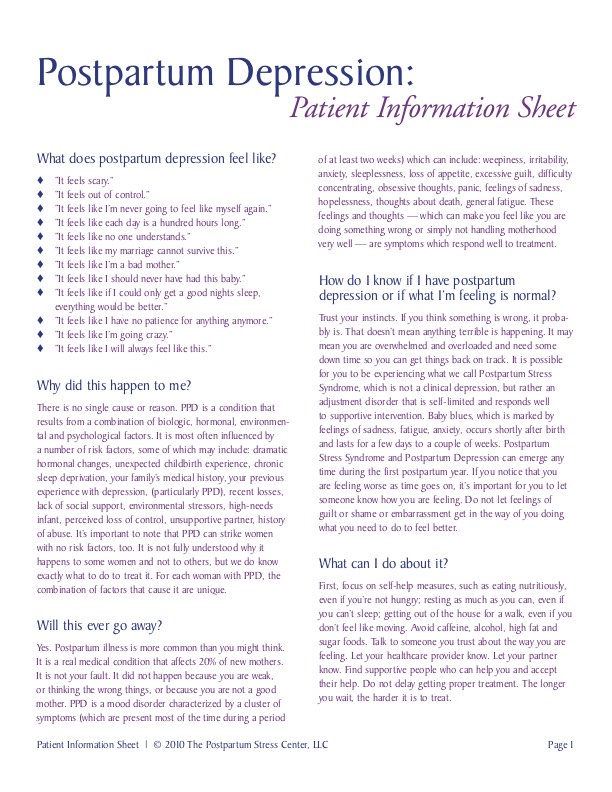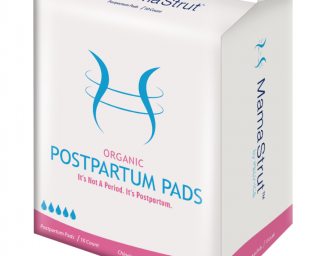

It may seem like everyone is talking about Postpartum Depression. With the increased advocacy from celebrities, the possible availability of a new medication specifically designed for PPD, and more studies done on the real effects and pervasiveness of the illness, it might feel like it’s all anyone wants to discuss when the conversation of pregnancy comes up.
This radical shift from keeping the topic in the shadows to a dinner table discussion is proof of the work that mental health advocates, doctors, and moms have been doing to shed light on the dangers of PPD. 20% of all new moms are medically diagnosed with the condition, which means so many more could be suffering in silence.
The reason so many women keep their depression to themselves is that it’s a confusing time of major life changes that introduces a lot of stressors. Being able to distinguish between normal stress and depression can be a challenge. Knowing what to look and listen for in your own thoughts and mood before you give birth can lead to early detection or even prevention. The earlier PPD is recognized, the better the treatment results.

With a mission of providing support and treatment for pregnant or postpartum woman and her family, the Postpartum Stress Center has provided a comprehensive list of assessments for medical professionals to use in determining the presence of depression in women they see. The Postpartum Stress Center created a patient information sheet designed to give you the tools to assess yourself. Bring this sheet to your doctor office to make sure all the issues are addressed at your appointment.
Common, but not normal
The emotions and thoughts that accompany PPD are common, but they are NOT normal. They cause long-lasting and far-reaching disruptions of your life the lives of your loved ones. Furthermore, there is a 5% mortality rate for either the mother or infant in extreme cases. But PPD is also NOT your fault. It is a complex combination of risk factors both external and biological that cause this condition. But remember it is treatable. Enlist your healthcare provider, partner, and emotional supporters in the awareness of postpartum depression. And tell them about any history you may have had with past battles with anxiety or depression.
Most woman are keenly aware of making it look like they have it all together after the baby, and are not likely to make others aware of depressive thoughts. Educating your friends and family even before baby arrives is important so they can be there for you, even if you don’t feel like you’re able to ask them for help.
By Anna Pederson




